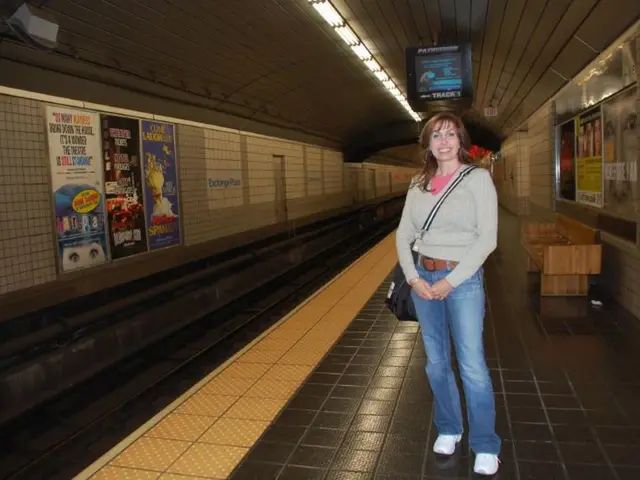RZD's Empty Freight Car Policy Shift Sparks Support and Criticism
The Russian Railways (RZD) has recently implemented changes in its policies regarding the movement of empty cars, leading to significant shifts in distances and operator experiences. These changes have been met with both support and criticism from the Union of Railway Transport Operators (UORTO).
In August 2025, only 11% of cars were moved up to 500 km, a stark contrast to the 59% recorded in March-May 2025. This shift can be attributed to RZD's decision to abolish the maximum distance for evacuating empties from ports, leading to an average increase of 7 times, now over 3,500 km. In some cases, distances have even reached 9,000 km. RZD insists this is necessary to prevent congestion at port stations, but UORTO believes it undermines the network's purpose and capacity.
RZD has been battling a surplus of empty cars since last fall, estimating around 400,000 units. The new policy has given RZD the right to forcibly remove cars from port tracks without proper transport documents. However, operators face challenges due to lack of open data on track availability and understanding of long-term storage plans. UORTO has complained about the rules for moving empty cars from port stations to 'holding areas', citing inconvenience and negative impacts on throughput capacity.
The increased distances for moving empty cars, while aimed at managing congestion, have caused inconvenience for operators and raised concerns about the network's capacity. RZD's right to forcibly remove cars without proper documents adds another layer of complexity. Clear communication, data availability, and understanding of long-term plans are crucial for operators to navigate these changes effectively.
Read also:
- Thieves Steal Unique Sculptures from Redwood National Park's Grove of Titans
- Thessaly's Climate Plan Stalls Two Years After Storm Daniel Devastation
- International powers, including France, Germany, and the UK, advocate for the reinstatement of sanctions against Iran.
- Companies urged to combat employee resignation crisis, as per findings from the Addeco Group







